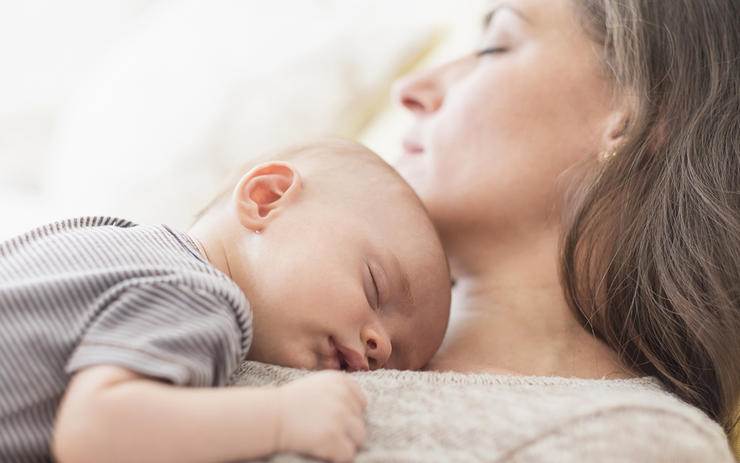When you lose someone you love, it's natural for friends and relatives to attempt to comfort you. Yet sometimes, "kind" words and gestures do more harm than good. Nosy questions, unsolicited advice, and empty platitudes ("He's in a better place") might end up offending the bereaved and only add to their suffering. So what does help? These nine women have some hard-earned advice.









Getty Images
Delivering meals
"When we lost our daughter, her preschool arranged for meals to be delivered to our door every day for six weeks. Lots of parents helped, but the preschool teacher always dropped off the food, which was great because it meant we didn’t have to make chit-chat with folks we did not know." —Sheila Quirke
Getty Images
Bringing up the good times
"After my brother died, what meant most to me were the people who were willing to ask me about my favourite memories of him. I think a lot of people are uncomfortable or afraid to do that, but when I was able to tell stories about him it felt like he wasn't totally gone." —Destiny Herndon-De La Rosa
Getty Images
Being open to change
"My husband, who had been against co-sleeping, wisely said nothing when I brought our 5-month-old daughter into our bed the night my father died. I needed her there. He knew that one night would turn into many more, but he gave in to sharing this space with our daughter, because I needed that night with her in my arms like I have never needed anything else before or since." —Pauline Campos
Getty Images
Taking care of the details
"I really appreciated it when people brought over a bunch of paper plates, napkins, plastic spoons, forks and cups. Everyone brought food, but this allowed us to not have to focus on dishes either." —Leslie Clark
Getty Images
Including me without my partner
"When my husband died, I was most appreciative of those who continued to call and include me in their activities, like dinners out. It sometimes felt odd as a threesome, but I still enjoyed it." —Jeanne Calvert
Getty Images
Letting me be "normal"
"Everyone deals with grief differently. I needed to continue working, yet some people assume that you can't be functional in the face of loss and basically guilt you if you keep on with your normal routine. Don’t judge." —Christina Dardis
Getty Images
Saying their name
"I loved talking to people who weren't afraid to talk about my loved one or say her name. Everyone is afraid of upsetting the grieving person, so they try not to mention the person who died, but it's actually really nice to have people who say, 'Remember when so-and-so did this?'" —Lindsay Featherling
Getty Images
Letting me wallow for a little while
"Comments like, 'At least he is no longer suffering,' or 'At least you could be with him before the end,' were not helpful. Trying to tell someone to look at the bright side doesn't reduce grief one bit, and people who do that are really exhausting to be around. In the beginning, I just wanted to be with people who didn't say much and just let me sit with my grief." —Karen Stocks
Getty Images
Keeping in touch
"I so appreciated the people who checked in with me six months after the passing. Everyone is there for the first month. Then people forget and move on, and you're left to deal with the grief alone and face the crushing realisation that everyone has already forgotten." —Katelyn Keller









